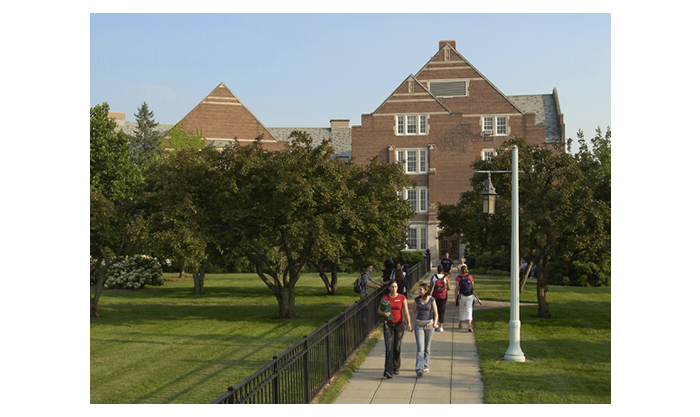
As the President's Council of Advisors on Science and Technology (PCAST, 2012) noted, “The first two years of college are the most critical to the retention and recruitment of STEM majors.” The MSU project, Creating a Coherent Gateway for Teaching and Learning at MSU, focuses on this call as an opportunity to change departmental and disciplinary cultures by working to transform the large gateway courses in biology, chemistry, and physics.
We have brought together faculty from these disciplines to identify the core ideas in the disciplines, crosscutting concepts that span disciplines, and the scientific practices that facilitate student use of their knowledge. Engaging faculty in this process opens up both departmental and interdisciplinary conversations about the goals and emphases of the gateway STEM courses. We have also established a competitive two-year fellowship program for faculty who teach these courses and are interested in investigating student learning, which will further develop the community involved in transformation efforts.
We are assessing the outcomes of these transformations in multiple ways, including how faculty develop and use core ideas, crosscutting concepts, and scientific practices in their instruction and how the three dimensions are integrated in their course assessments. To characterize assessments and instruction, we are developing and using two new research instruments. The Three-Dimensional Learning Assessment Protocol (3D-LAP) (Laverty et al., 2016) can be used to characterize assessments in terms of how well they align with three-dimensional learning. Additionally, the 3D-LAP can be used as a guide for authoring assessment items that align with three-dimensional learning. The Three-Dimensional Learning Observation Protocol, still under development, is an instrument that can be used to characterize both the teaching activities that occur in a class as well as the extent to which instruction reflects core disciplinary ideas, crosscutting concepts, and the use of scientific practices.